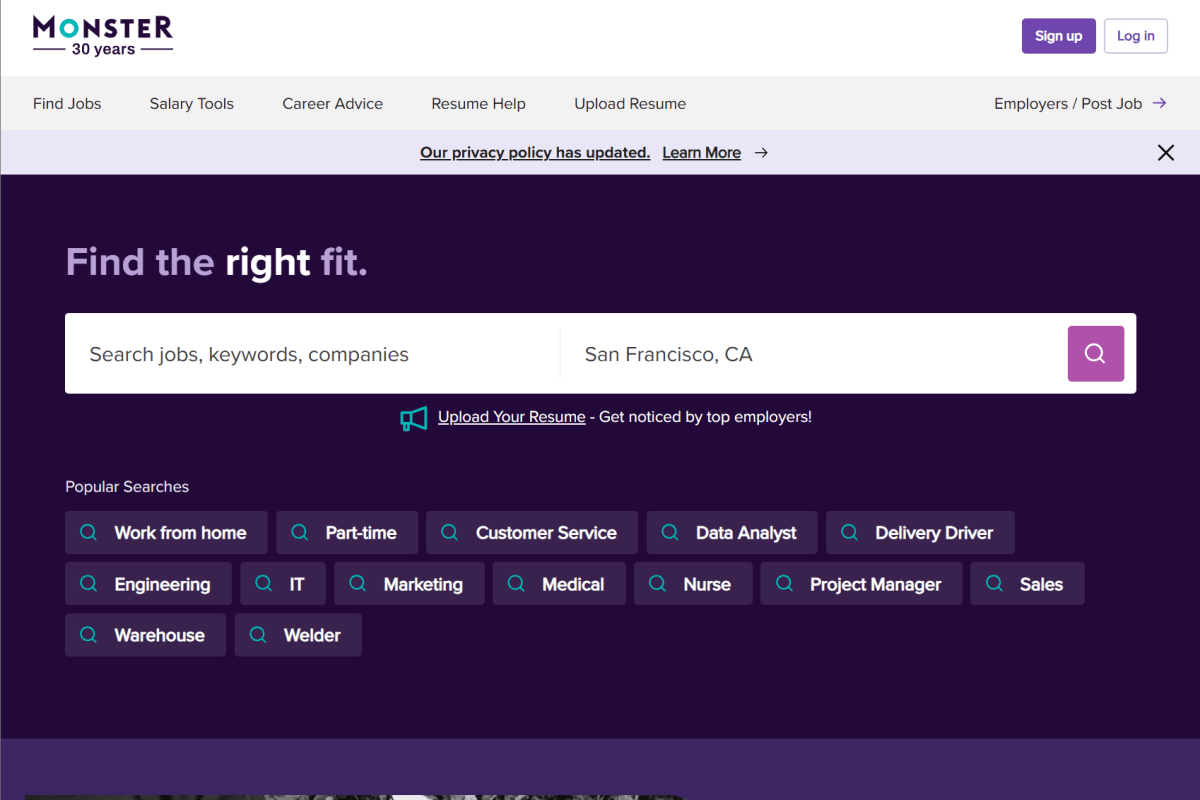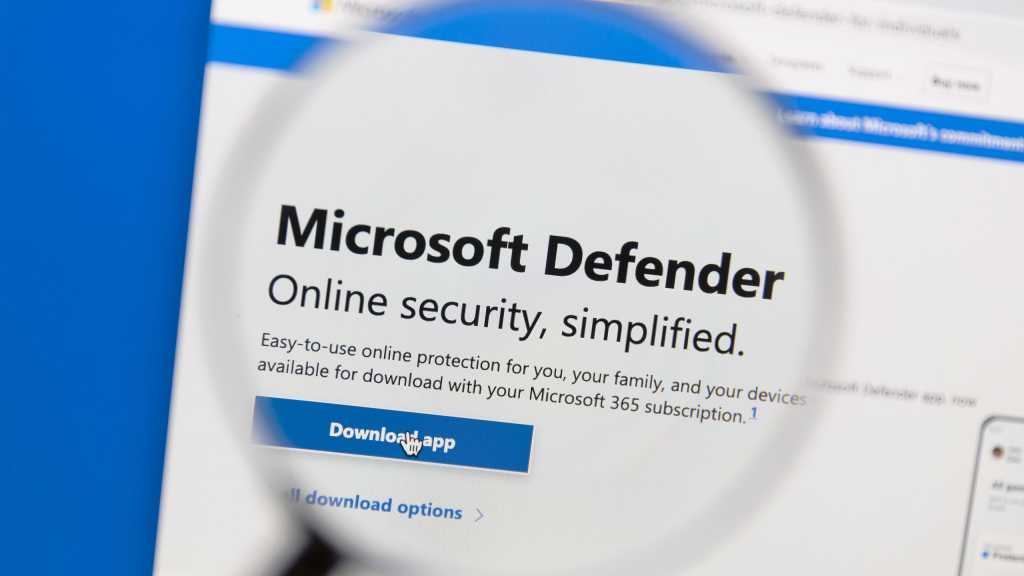The RSA Conference offers invaluable opportunities to connect with cybersecurity experts worldwide. Often, these experts share practical tips gleaned from their extensive experience. One such tip, the S-A-F-E acronym, comes from Kelly Bissell, corporate vice president of fraud within Microsoft’s Security division. While initially designed to help avoid job scams, its principles can be applied to various fraudulent schemes.
This article explores the S-A-F-E method and provides insights into identifying and avoiding job scams and other similar deceptive practices.
What Does S-A-F-E Stand For?
Bissell advises adhering to the following principles:
- Sure of the company: Verify the legitimacy of the company advertising the job.
- Able to apply for free: Legitimate job applications never require payment.
- Finding the job listing elsewhere: Confirm the job posting’s presence on multiple platforms.
- Examining job offers carefully: Scrutinize offers for inconsistencies or red flags.
Be Sure of the Company
Thoroughly research the company, especially if the job offer is unsolicited. Check for a company website with contact information. How long has the company been operating? Research employee profiles on LinkedIn. Do their backgrounds seem legitimate? Do you have any connections within the company? Explore online forums like Reddit and job boards for reviews and insights.
Apply for Free
Legitimate job applications are always free. Regardless of industry or job level, paying to apply is a significant red flag. While you might invest in education or certifications, application fees are generally a sign of a scam.
 Monster.com job listing site Monster.com / PCWorld
Monster.com job listing site Monster.com / PCWorld
Find the Job Listing Elsewhere
Verify the job posting’s existence on multiple platforms. Legitimate opportunities are typically advertised on company websites and reputable job boards. If the job only appears in a single, unsolicited message, proceed with caution.
Examine Job Offers Carefully
Once you receive a job offer, carefully examine the details. Do the working hours seem unusual? Does the salary align with industry standards? Scrutinize the employment type, schedule, compensation, location, and reporting structure for inconsistencies. Confirm that you are communicating with a genuine company representative, not an imposter.
Applying S-A-F-E to Other Scams
While S-A-F-E focuses on job scams, its principles extend to other fraudulent activities. Apply these principles when interacting with unfamiliar individuals online, especially if they request personal information or financial assistance. Whether it’s a potential romantic partner, someone claiming to be a family member in distress, or a bank representative alerting you to a frozen account, always verify the legitimacy of the situation.
 Chat Money Fraud Celia Ong
Chat Money Fraud Celia Ong
Protecting Yourself from Scams
Scammers often exploit emotions to manipulate their victims. Don’t let your desire for employment, companionship, or financial security cloud your judgment. Verify information independently and remain skeptical of unsolicited requests. Remember Bissell’s grandmother’s advice: Verify the situation before reacting. A healthy dose of skepticism can prevent you from falling victim to a scam.
Conclusion
The S-A-F-E acronym provides a valuable framework for navigating the complexities of online interactions. By being Sure of the company, ensuring you’re Able to apply for free, Finding the job listing elsewhere, and Examining job offers carefully, you can significantly reduce your risk of encountering a scam. Remember to apply these principles broadly to any situation where you are unsure of the other party’s legitimacy. Staying informed and vigilant is crucial in protecting yourself from online fraud.











